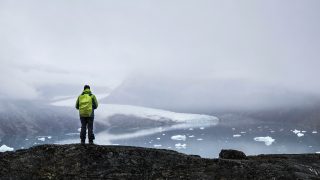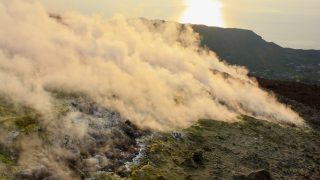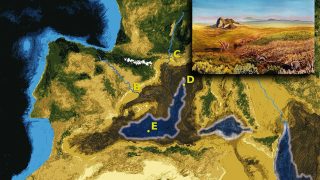
How pterosaurs learned to fly
Authors: Davide Foffa, Research Fellow in Palaeobiology, University of Birmingham; Alfio Alessandro Chiarenza, Royal Society Newton International Fellow in Palaeontology, UCL, and Emma Dunne, Assistant Professor in Paleobiology, Friedrich-Alexander-Universität Erlangen-Nürnberg Ever since the first fragments of pterosaur bone surfaced nearly 250 years ago, palaeontologists have puzzled over one question: how did these close cousins of […]








